The 10% discount on the Maglev for those with same day air tickets to Pudong airport was too tempting and we enjoyed the 8 minute zip to Longyang Road station. Surprised that riding the Metro required a security check every time. Well, not quite. If you just looked busy and walked past, no one stopped you. But otherwise it is the X-Ray machine for your bags.
The soft landing turned into a hard one when it came to arriving at our hotel with miniscule rooms. Stretch your leg and it opens the curtain separating the bed from the bathroom. Our wait to offload our bags suffered a further delay with the breaking down of the copier machine at the reception desk when it came to making copies of our passports. The non-English speaking hotel staff refused to proceed with the check-in process until this was completed. With our 14kg packs on our backs, we waited 10 minutes before a brainwave hit. We produced one of our copies from our stash and this was accepted.
The PuDong ("East of Pu River") skyline and the crowds hanging out at night by the Bund was the first Chinese experience for us on this trip. The PuDong district was but a marshy land in 1994 when V visited Shanghai in Feb '94. Now it is the spectacle that it is and has pushed into the shade the 20th century buildings west of the river. In 1994, the Bund skyline meant viewing the granite hotels and banks on the western bank. Today the dazzling evening lights attract Chinese brides clad in bright red with rows of photographers flashing them as their assistants hold their bridal trains. The grooms nearby try not to look too sheepish and blend into the background letting their female counterparts enjoy the attention.
The hard landing became a bumpier one when we walked into a neighbouring Chinese Railway ticket counter the next morning. The woman behind the counter spoke no English (and why should she?) and was emphatic in her denial of the existence of any tickets to Nanjing on Friday. A quick taxi ride to Shanghai station (relatively cheap compared to other countries) revealed the existence of a magical counter No. 10 where English is spoken (after discovering that the self-help terminals only work for those with Chinese IDs). The breakdown of the language barrier was also accompanied by the availability of tickets on the bullet train to Nanjing for the next day. For our onward ticket from Nanjing to Huangshan on Sunday, we had to come the next day.
Only 2 days in Shanghai and half the first day was already gone getting tickets for the next stop. Will this be our pattern in China? Just getting tickets for the next stop and no time to explore the present? Living in the future always?
Oh no. Thankfully, the sites we planned to visit in Shanghai are crammed in a small area. The People's Square and Park had excellent museums. We visited a couple that afternoon. Currencies and coins in Chinese history. China minorities culture. Silk road coins. But it was the stunning display at the Shanghai Urban Planning Museum that stood out for us. One entire floor of the museum with a futuristic vision of Shanghai.
The French Concession area did not hold much interest for us, but we stopped briefly at the historic site of the 1st ever CPC (Communist Party of China) meeting (1921) nearby. V had visited this on a cold February afternoon in 1994 and it was closed then. The only memory V had of his 94 visit to YuYuan Garden was the zig-zag bridge outside the garden. It was a lot more crowded this time due to better weather and better times. Local visitors were enjoying their country and a good thing it was to see. A walk on one of the streets in Old Town was not for the squeamish (toads, eels and other slimy creatures on sale!) but we managed to hold our gorges down. Within moments we metro'd our way across the Pu river to 21st century Shanghai and its skyscrapers. Viewing the 20th century across the river from the other side.
A morning walk on the Bund with rain looming large over us followed by exploring the pedestrian mall on E. Nanjing Road. Full of people and umbrellas on a Friday. We've had our fill of Buddhas in Japan and Korea but the prospect of a vegetarian meal lured us to the Jade Buddha temple. It did not disappoint.
Key difference between the China of the 90s and now. Lots of English language signs. Every road name and station name. Announcements in the metros and Shanghai station. But this written and recorded English would give someone a false sense of security. Without some Chinese skills, visitors will have a frustrating time. You may ask, what about Korea and Japan? Weren't these places difficult as well? Yes, those languages are alien as well, but they were more than compensated for by their helpful nature that seems to be innate. Just go for a ride on a metro in Tokyo, Seoul and Shanghai during peak hours. The Japanese will keep a respectful distance while waiting for people to alight from the train before boarding. The Koreans will wait with a little less distance. The Shanghainese will just butt straight into you and you have to let them push you aside before you can hope to get out of the train. Happened every time. But to put things in perspective, even the Shanghainese offers no competition to a Mumbaikar determined to snag a seat on the 8:17 Virar fast during peak commute hours!
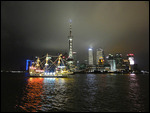
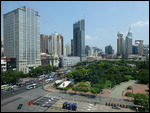
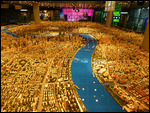
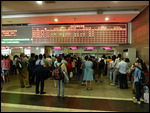
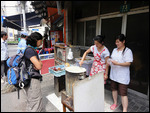
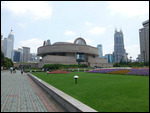
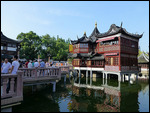
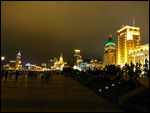
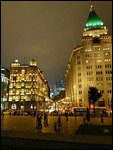
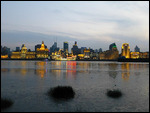
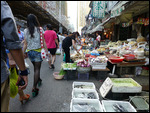
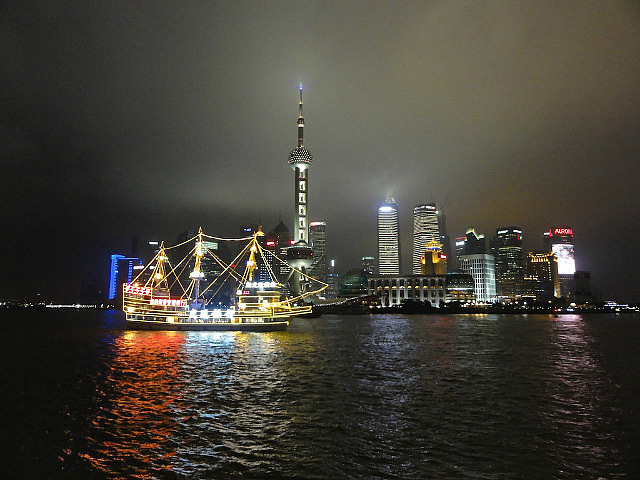
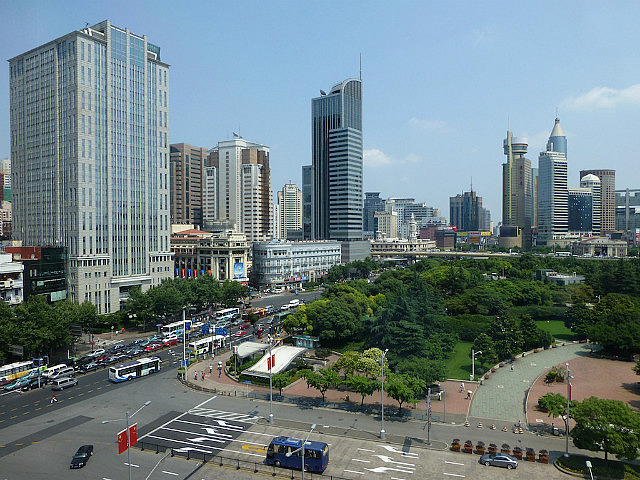
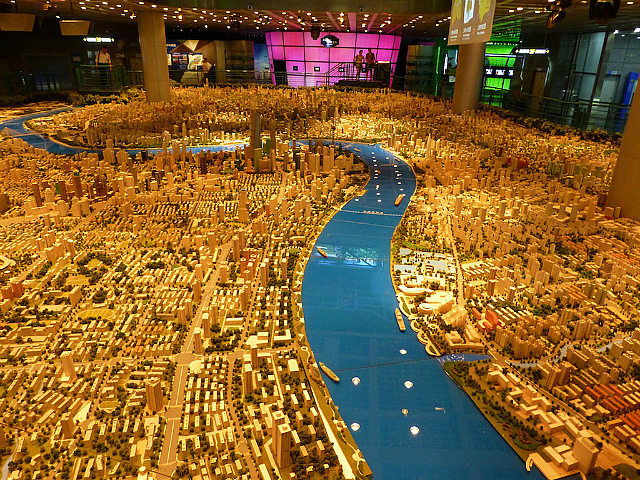
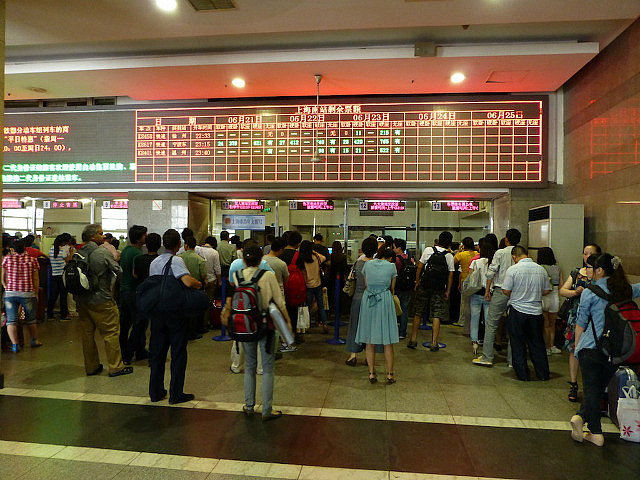
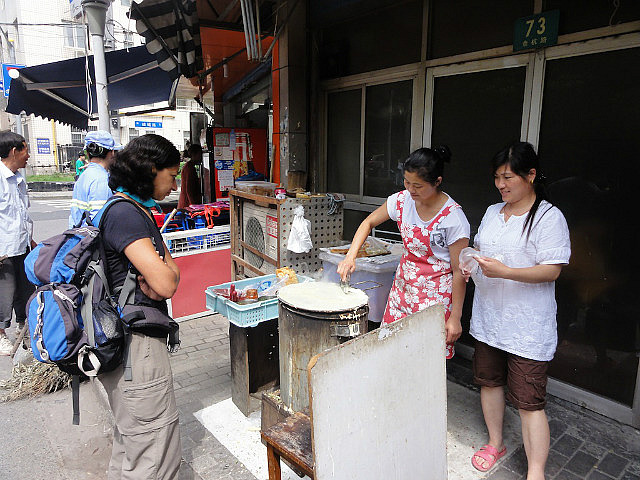
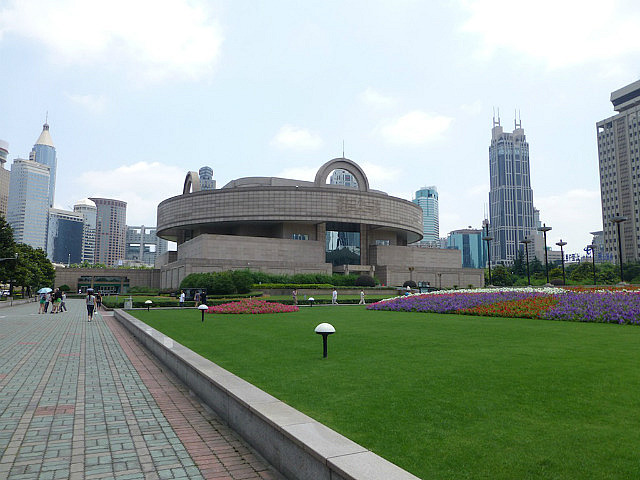
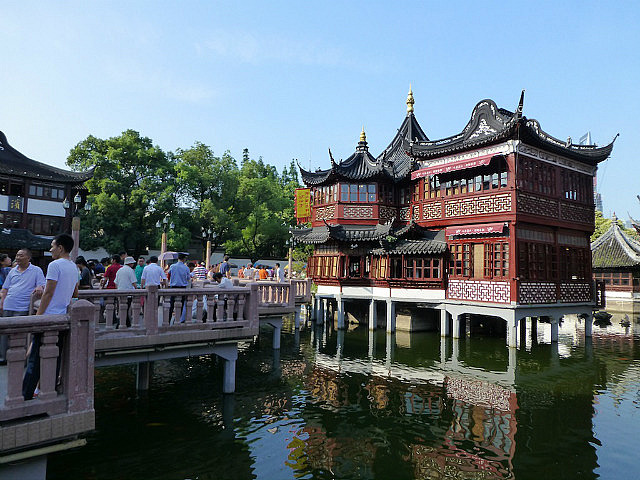
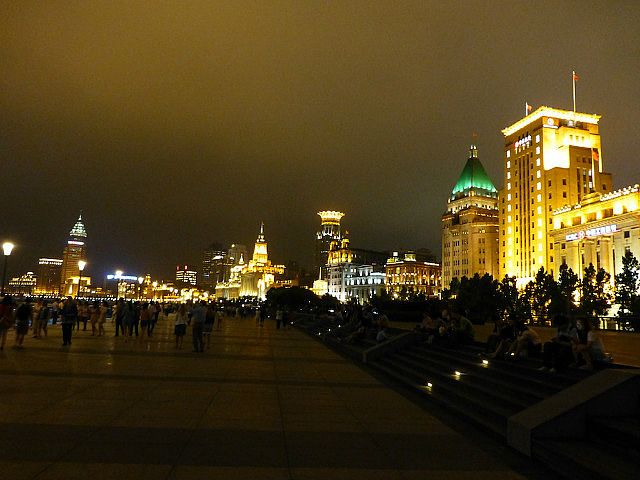
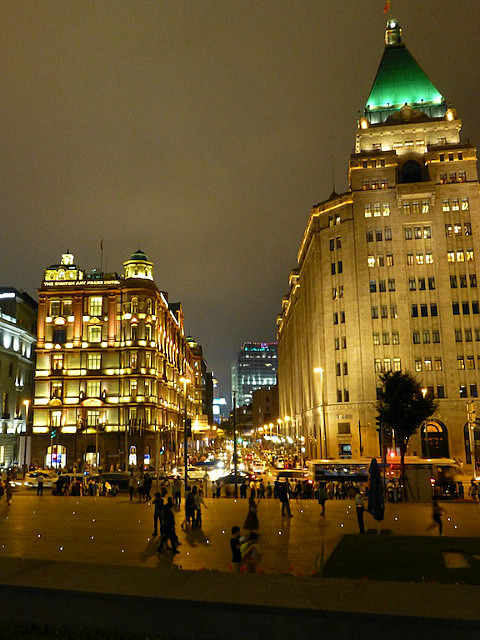
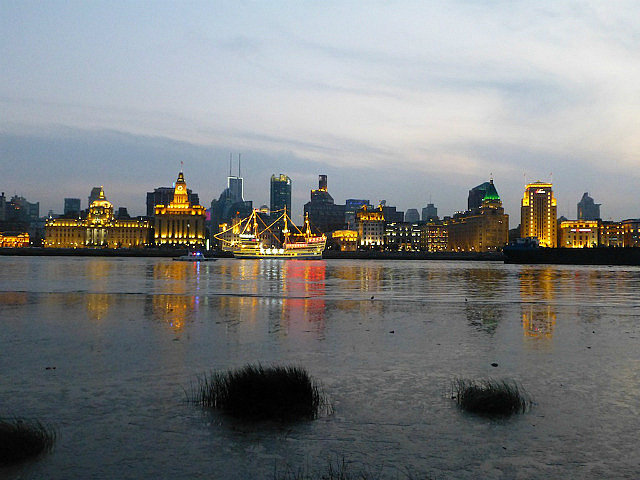
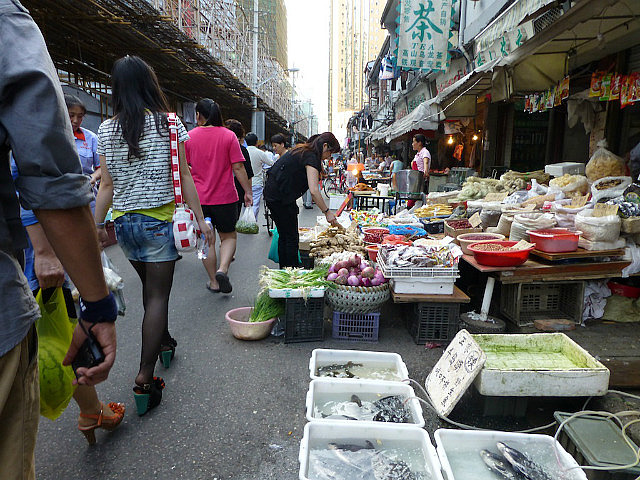
Comments